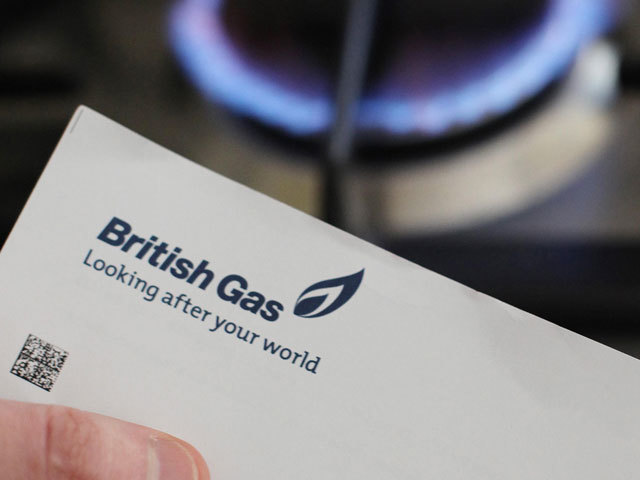
British Gas is to increase energy bills for 4.1 million dual fuel customers on its standard variable tariff by an average of 5.5%, or £60 a year, blaming rising wholesale energy and Government policy costs.
The price of British Gas’s SVT will rise to £1,161 a year for a typical dual fuel customer, the company’s owner, Centrica, said.
British Gas cited increased wholesale gas and electricity costs and the price of Tory policies as being behind its latest hike.
It blamed initiatives such as the smart meter roll-out and schemes to reduce carbon emissions, and argued that the funding of “all Government policy costs should be paid for in a fairer way such as through general taxation”.
British Gas announced plans in November to scrap SVTs for new customers ahead of Government plans to impose a price cap on costly energy products, which Centrica warned could have “unintended consequences” for the market.
British Gas said its SVT “default tariff” was withdrawn for new customers last month and all existing customers are being “contacted to encourage them to choose one of our fixed-term deals”.
The price hike will not hit the 3.7 million customers who are on fixed-term contracts, prepayment meters or classed as vulnerable.
Chief executive Mark Hodges said: “We fully understand that any price increase adds extra pressure on customers’ household bills. This increase we are announcing today is reflective of the costs we are seeing which are beyond our control.
“We continue to work hard to reduce our own costs and keep our prices as low as possible. We have seen other suppliers raise prices and Ofgem increase the level of the prepayment tariff cap largely due to increasing wholesale energy and Government policy costs.
“Government policies, intended to transform the energy system, are important but they are putting pressure on customers’ bills. We believe Government should level the playing field so the customers of all suppliers pay a fair share of energy policy costs.”
Energy firms across the board have been facing pressure for some time over the way they treat customers, with controversy over pricing and the use of standard variable tariffs which have been deemed poor value for consumers.
“We also continue to call on Ofgem to end the standard variable tariff across the market, which would encourage customers to proactively seek the best energy deal for them,” Mr Hodges added.
Recommended for you
